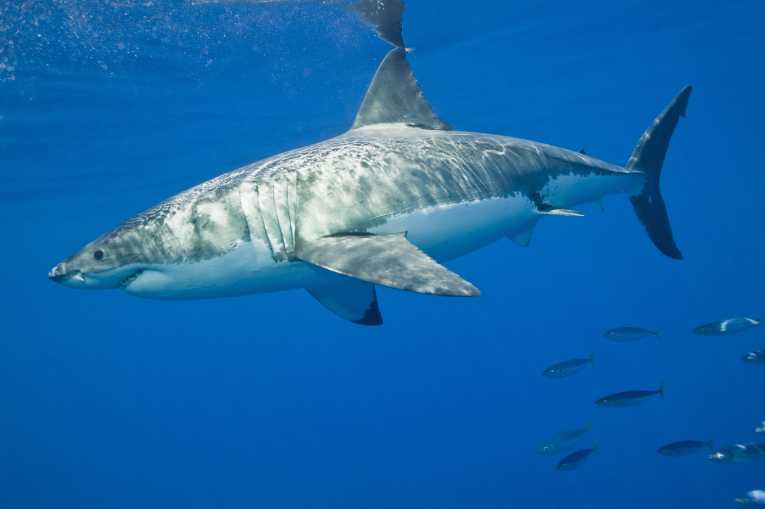The next mass extinction? Are humans the cause of the planet's sixth mass loss of species on a scale of the events that wiped out the dinosaurs? Scientists believe that we certainly will be if all creatures classified now as critically endangered are lost, but there is still time to avert the crisis.
Species as diverse as tigers and whales, and fish to frogs are in steep decline but progress into a mass extinction event can be averted if we act now. 'There is a bit of urgency here, we have already lost 15 – 42 % of mammal species in human times, the question is – do we want to lose any more? I think the answer to that is pretty obvious,' said Professor Anthony Barnosky at University of California, Berkeley who was lead author of the paper.
A paper published in this week's Nature was inspired by a meeting between palaeontologists and biologists to put into a geological context the extinctions that we are seeing now, comparing them with the five great mass extinctions seen on earth. Mass extinction events occur when over 75% of the species present disappear, and these have only happened five times in the last 540 million years.
The most recent, 65 million years ago, in the Cretaceous period is believed to have been caused by an asteroid crashing into earth. The dinosaurs, plesiosaurs, pterosaurs and ammonites were all eliminated. These events which were catastrophic for life on earth all happened in geologic time, but the signs are that anthropogenic activity, from population growth to agriculture and climate change, is triggering a possible sixth event.
'If you look at rates of extinction in the fossil record, and compare those to what is happening now, we are losing species at rates way above the average over geological time for mammals,' Barnosky added. In modern times, at least 80 species out of a total of 5,570 animals have become extinct in the past 500 years.
This compares to an average rate of two extinctions per million years in the fossil record. But there is cause for hope as well as despair. 'We still have a lot of the Earth's biodiversity to save,' said Barnosky, 'Our findings highlight how essential it is to save endangered species. It's very important to devote resources and legislation towards species conservation if we don't want to be the species who causes the next mass extinction.'










